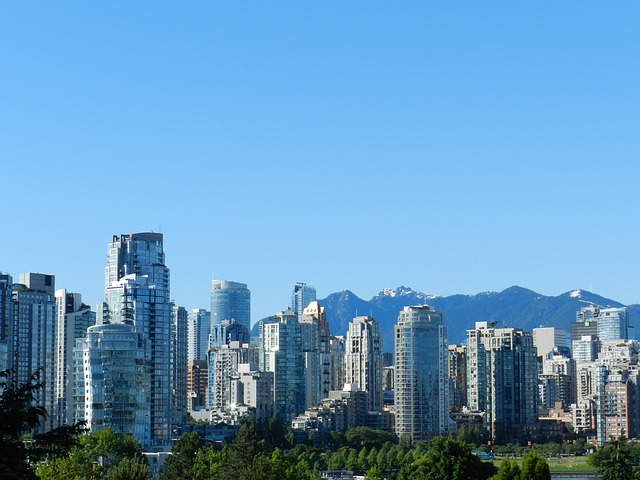Washington D.C.'s "No Call" laws, enforced by the DC CRA, protect residents from unwanted telemarketing calls. Businesses must adhere to these strict guidelines or face substantial fines. A specialized lawyer for No Call Laws DC is crucial for companies using outbound telephone marketing and chatbots, ensuring compliance with consumer privacy rights and avoiding legal complications. Regular audits by legal professionals help maintain adherence to these regulations.
“Washington D.C.’s stringent No Call Laws have significantly shaped telemarketing practices, and with the rise of chatbots, new challenges emerge. This article delves into the legal perspective of these regulations, exploring their impact on businesses utilizing chatbot technology. We analyze potential compliance issues, offering insights for companies to navigate the complex landscape. From understanding the laws to implementing effective strategies, this guide ensures businesses stay within legal boundaries, especially when seeking a lawyer specialized in D.C.’s No Call Laws for expert advice.”
Understanding Washington D.C.'s No Call Laws: A Legal Perspective

Washington D.C.’s “No Call” laws, regulated by the Consumer and Regulatory Affairs (DC CRA) Division, are designed to protect residents from unwanted telemarketing calls. These laws, enforced by a dedicated team of lawyers and regulators, outline strict guidelines for businesses engaging in outbound telephone marketing. The primary objective is to give consumers control over their phone lines and ensure that telemarketing activities respect individual privacy.
The legal framework prohibits companies from placing calls to residents who have registered on the “Do Not Call” list. This list is maintained by the DC CRA and allows individuals to opt-out of receiving sales or promotional calls. Businesses found violating these rules can face significant fines, highlighting the importance of compliance for any company engaging in telemarketing within the district. A lawyer specializing in No Call Laws DC can guide businesses through this regulatory landscape, ensuring they remain compliant and avoid potential legal issues.
The Role of Chatbots in Telemarketing and Potential Compliance Issues

Chatbots have increasingly become a tool in telemarketing, offering businesses an efficient way to engage with potential customers. They can handle large volumes of customer interactions simultaneously, providing personalized responses and 24/7 availability. However, this rise in chatbot usage presents unique challenges when it comes to compliance with regulations designed to protect consumers from unwanted sales calls, such as No Call Laws in DC.
One primary concern is the difficulty in ensuring transparency and consent when a conversation involves an AI system. Consumers may not always be aware they are interacting with a chatbot, leading to potential violations of privacy laws. Moreover, obtaining valid consent for marketing purposes can become more complex when automated systems are involved. A lawyer specializing in No Call Laws DC can help businesses navigate these complexities, ensuring their chatbot implementations adhere to legal requirements and respect consumer rights.
Strategies for Businesses: Navigating Chatbot Regulation in D.C. to Avoid Violations

Navigating chatbot regulation in D.C. requires businesses to understand and adhere to strict rules, especially regarding telemarketing practices. One crucial strategy is ensuring compliance with No Call Laws, which are designed to protect consumers from unwanted calls. Engaging a lawyer specializing in No Call Laws DC can provide invaluable guidance on implementing chatbot interactions that respect these laws.
Businesses should focus on training their chatbots to recognize and honor consumer preferences for removal from call lists. This involves programming the AI to pause or end interactions if a user opts out, and ensuring no further attempts are made to contact them. Regular audits of chatbot protocols by legal professionals can help identify potential violations, ensuring business practices remain within regulatory bounds.






